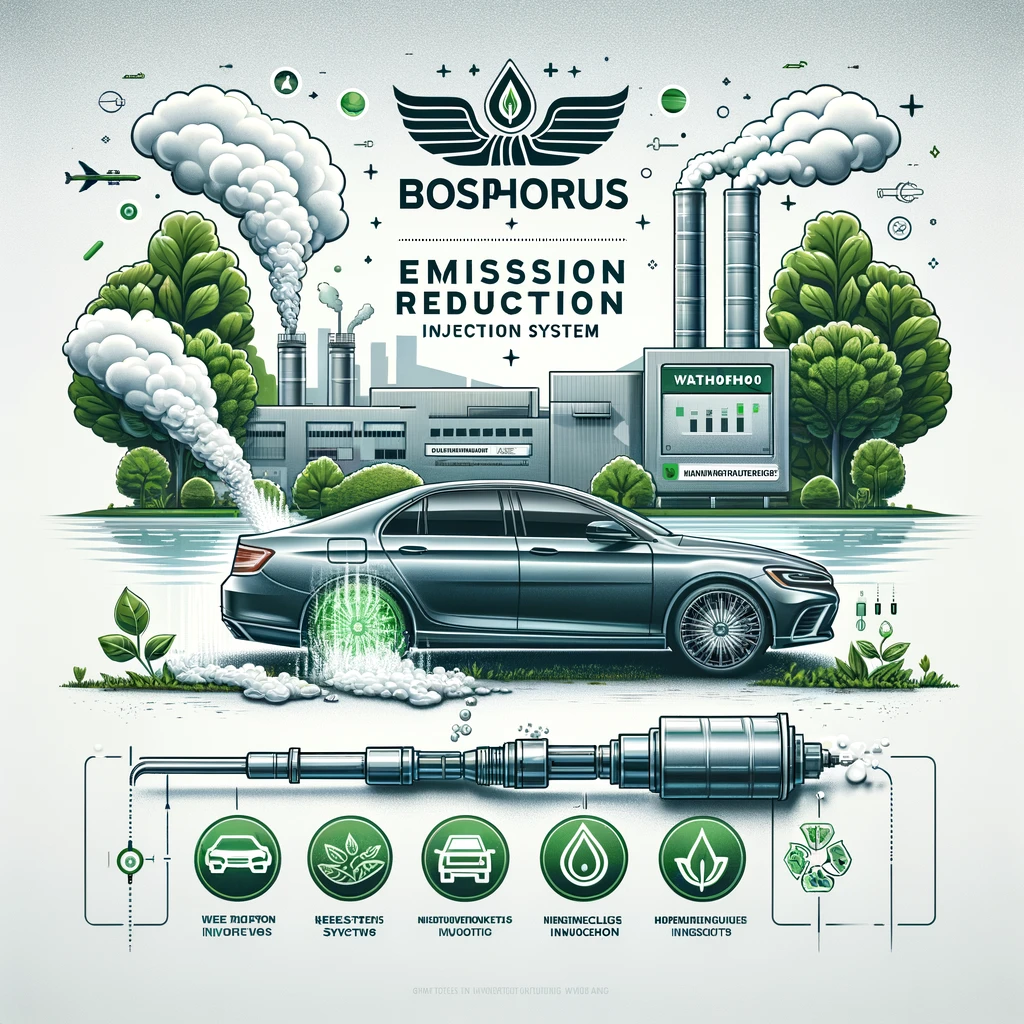
Emissions from internal combustion engines, particularly those in vehicles, contribute significantly to air pollution and greenhouse gas concentrations. One way to reduce these emissions is through the use of a water-methanol injection system.
A water-methanol injection system works by introducing a mixture of water and methanol into the engine’s intake air stream. The water-methanol mixture is atomized and vaporized, and then injected into the combustion chamber of the engine.
Water-methanol injection is a technique used to reduce emissions and increase the power output of an internal combustion engine. When water and methanol are injected into the engine’s intake air or directly into the combustion chamber, it can help to lower the engine’s inlet air temperature and increase its volumetric efficiency. This can lead to a reduction in harmful emissions, such as carbon monoxide (CO) and hydrocarbons (HC), as well as an increase in power output. Water-methanol injection is often used in conjunction with other emission-reducing technologies, such as catalytic converters, to further reduce the environmental impact of an engine.
The addition of water and methanol to the combustion process has several benefits:
- Cooling: The water in the mixture absorbs heat from the combustion process, which helps to reduce knock (a type of engine damage caused by high temperatures). This in turn allows the engine to run more efficiently and at a higher boost level, increasing power output.
- Octane boost: Methanol has a higher octane rating than gasoline, so the addition of methanol to the fuel mixture can increase the octane rating and reduce the risk of knock.
- Reduced emissions: The cooling effect of the water-methanol mixture can help to reduce the amount of NOx (a group of highly reactive gases) produced during the combustion process. In addition, the chemical reactions of methanol can help to reduce carbon monoxide and hydrocarbon emissions.
Overall, the use of a water-methanol injection system can help to reduce emissions from internal combustion engines, improving air quality and reducing the environmental impact of vehicle use.

